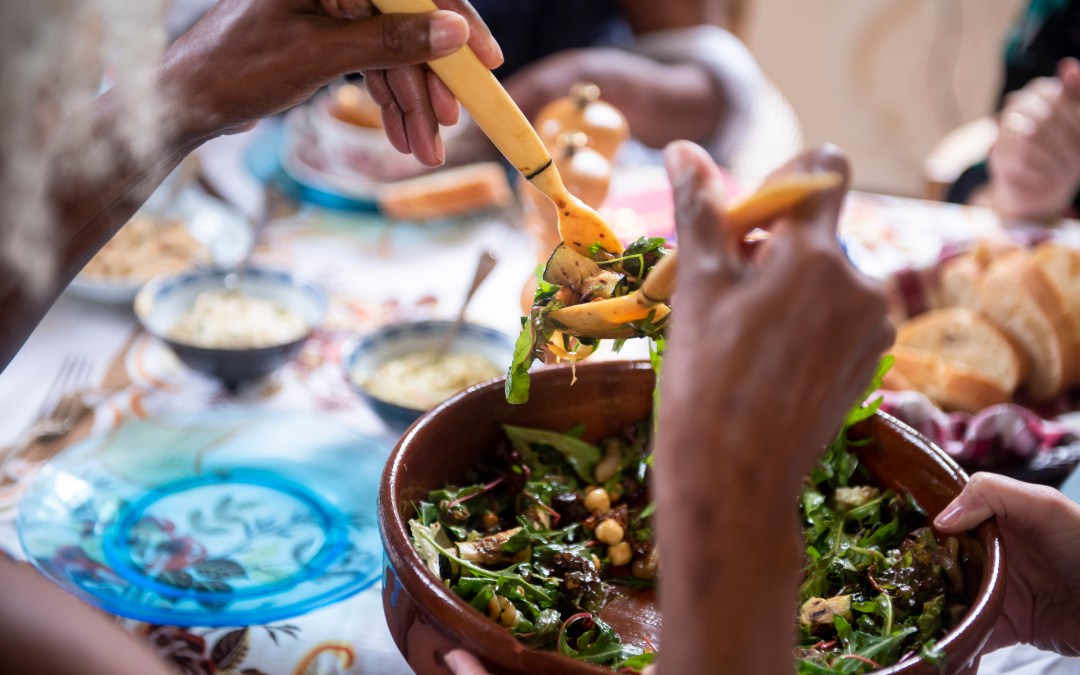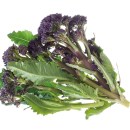How can a vegan diet help reduce your carbon footprint?
What are the benefits of avoiding eating meat or dairy? Ellen Tout, explores the environmental impact of our food and how a vegan diet helps reduce your carbon footprint

There are many reasons for trying a plant-based or vegan diet – from health to ethics and sustainability. Studies show that one of the most effective things a person can do to lower their carbon footprint is to avoid all animal products. The reality is that meat and dairy farming contribute to global warming, pollution, deforestation, land degradation and loss of native species. Adopting a varied vegan diet, however, produces less emissions and uses about a third of the land and three times less water.
Benefits of a flexitarian diet
I’ve followed a vegan diet for three years but, like all change, it was a process rather than an overnight switch. I’d encourage you to first try flexitarianism and build up in manageable steps. Could you commit to meat-free Mondays? How can you be more creative in the kitchen? Perhaps try incorporating different foods, such as lentils, beans, nuts and seeds. I
n most research about plant-based diets, the key word is ‘varied’, so enjoy experimenting. Imagine the positive impact if we all replaced meat and dairy with plant-based meals a couple of times a week. The Vegan Society’s website is a great resource for ideas, information and recipes. The BBC mockumentary Carnage could also help you rethink your food mindset. Plus, I’d recommend joining your local vegan Facebook group.
Is a vegan diet more environmentally friendly?
However, a vegan diet is not perfectly green. Look out for products containing palm oil – it’s often added to give a creamy taste – and avoid plastic, processed goods when possible. Of the plant-based milks, oat has the lowest environmental impact. Cut your food’s emissions further by buying locally, composting scraps, compleating (eating the whole edible part of the fruit or vegetable) and avoiding waste.
I also recommend taking a quality vegan multivitamin (with added B12) and ensuring your diet is balanced and diverse. Beans and quinoa, for example, are protein-rich, and calcium is found in broccoli, greens and squashes.
Research has highlighted the important role pulses, such as beans, lentils and chickpeas, play in creating a sustainable future for farming. They are great sources of protein, iron and fibre, and are kinder to the planet. Pulses are nitrogen-fixing crops – they literally make the soil healthier and don’t need pesticides or chemicals. Plants are magical. Why not view veganism as an experiment and see where it takes you? Happy cooking!
Eco living advice
Order Eco Living Editor Ellen Tout‘s book, The Complete Book of Vegan Compleating: An A–Z of Zero-Waste Eating For the Mindful Vegan, now! It’s full of waste-free vegan recipes, tips and ideas to help you reduce food waste and make the most of every ingredient.
Stay in touch and follow Eco Living Editor @Ellen_Tout on Twitter and on Instagram follow Ellen @ellen_tout and for Ellen’s waste-free compleating food ideas, follow @compleatly_vegan

For more eco living ideas, see psychologies.co.uk/real-eco
Images: Getty and Leanne Bracey.










